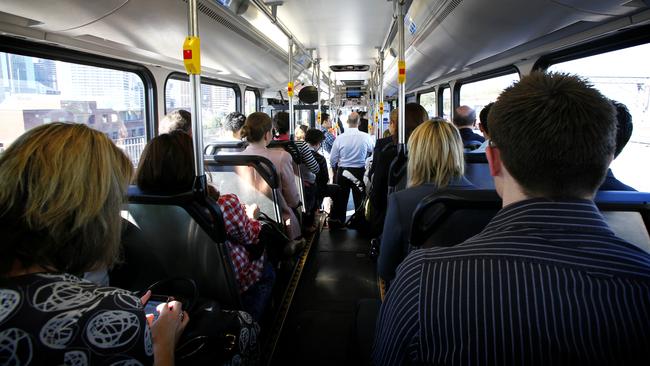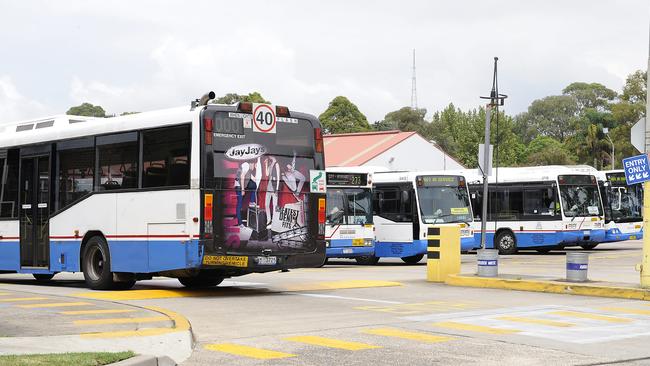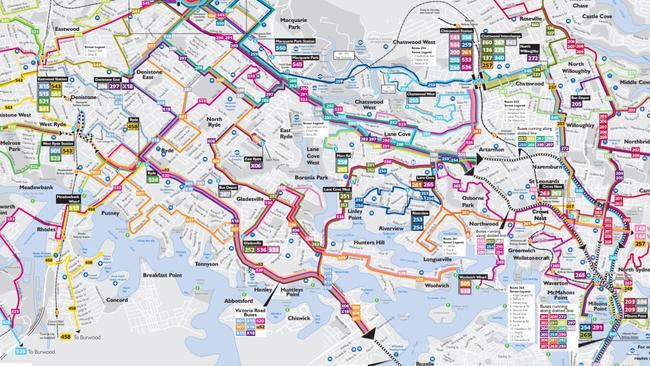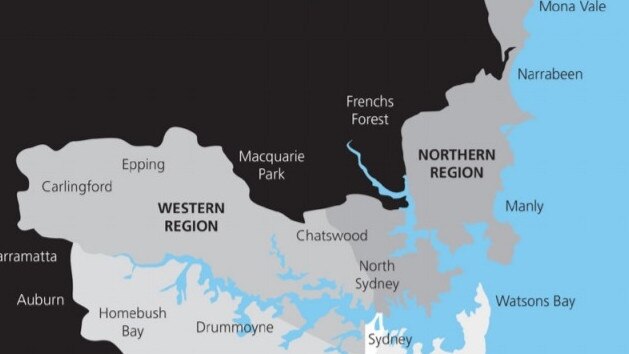North shore bus privatisation: what it means for commuters, workers, depots
Public buses are set to disappear from the north shore after the State Government announced all routes will be privatised — with the region’s ageing fleet also set to be replaced with electric buses

North Shore
Don't miss out on the headlines from North Shore. Followed categories will be added to My News.
- Pet galahs bring joy to patients at Neringah Hospital
- $750k in cash, jewels stolen from north shore home
Public buses are set to disappear from the north shore after the State Government announced all local routes will be privatised.
Transport Minister Andrew Constance said soaring demand on State Transit services meant the government had to act “to lift the standard of transport” across the region.
The move means buses on the lower north shore — operating under the region seven and region eight networks — will open to a competitive tender process due by early next year.

Mr Constance said there would be jobs for the majority of staff, including bus drivers and maintenance workers, whose jobs will be guaranteed for two years.
He said the changes would also mean diesel buses will be replaced by an entirely electric fleet across the region.
“We expect more jobs for bus drivers to be created due to the extra services that will be provided,” he said.
“Making the switch to an entirely electric bus fleet will also deliver huge benefits to the community in terms of reducing air and noise pollution.

“I want to assure all of our drivers, your jobs are safe.”
However, David Babineau from the Rail, Tram and Bus Union (RTBU), said privatisation could result in reduced services in affected areas.
“Recent bus privatisation in the inner-west and Newcastle has failed dismally — on-time running is down, routes have been cut, stops have closed, and workers’ conditions have plummeted,” he said.
“We’ve got serious concerns about what the privatisation could mean for services in the north shore.”
The Government will continue to own the region’s buses and assets, including depots, and will continue to set Opal fares and timetables as well as regulate safety and operational standards.
Region eights depots are located in Willoughby, North Sydney, Brookvale and Mona Vale, while region seven buses operates out of a depot in Ryde.

The changes have met a mixed response from the region’s commuters, with comments on social media raising concerns over “reliability” and long-term “job security”.
Supporters said it would lead to better service as companies are “competing with other companies to provide the best service”.
Lane Cove State Liberal MP Anthony Roberts said the shift to privite operation was “exciting news” and would include rolling out a new fleet of on-demand buses.
“I support allowing highly specialised and competent private operators manage our local buses. This will improve services for my community,” he said in a statement.
“The number of services is set to increase and this will cater to the enormous growth in patronage on our buses.
“The investment from private operators will allow the fleet of ageing, diesel-powered buses to be replaced by electric buses.”
Latest transport figures show the region seven (western region) and eight (northern region) bus networks carried 48,950 passengers from January to September this year.

Both networks failed to meet the 95 per cent benchmark for punctuality in 2018. Region seven buses arrived on time 92 per cent of the time, down from 94 per cent in 2017, while region eight fared slightly better, rising from 94 to 94.5 per cent over the same period.
Mr Constance said the changes were “not a reflection on the performance of State Transit bus drivers who have been doing an excellent job dealing with the strong surge in passenger numbers and demanding road conditions”.
The RTBU said it would meet with impacted staff over the coming fortnight to “digest this significant news”.
Some staff at the head office of State Transit — which won’t exist in 18 months — are expected to absorbed into Transport for NSW.
The changes will also effect buses in Sydney’s eastern suburbs including Bondi and Coogee.
